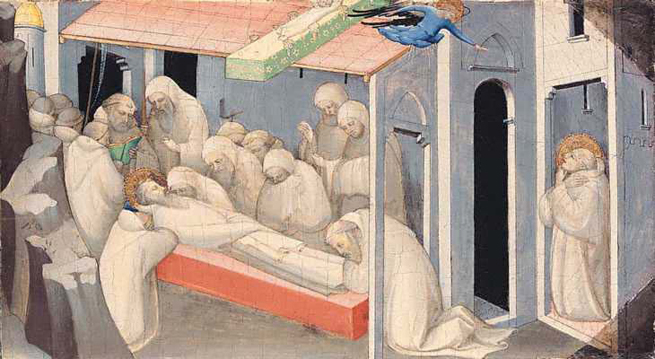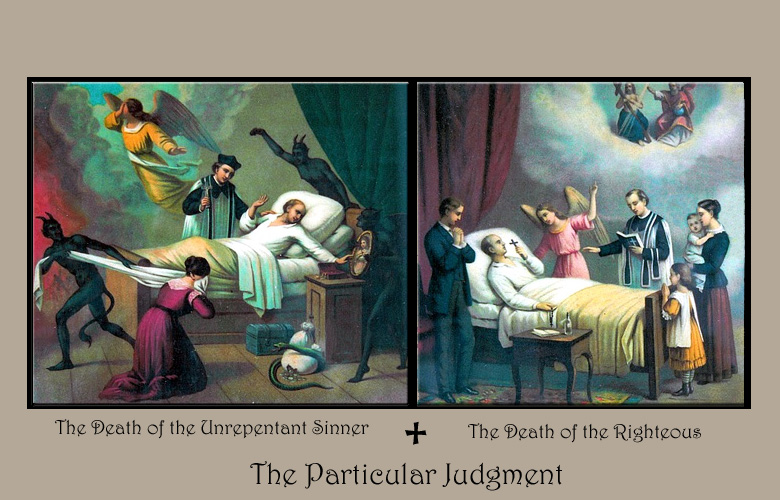Continuation from yesterday from St. Alphonsus Sermon on the Abuse of Divine Mercy
my comments in blue
my comments in blue
By this sermon he has today given you a new call. He appears to me to say to you: "What is there that I ought to do to my vineyard, that I have not done to it (Isa. v. 4)?" What more ought I to do for you that I have not done? What do you say? What answer have you to make? Will you give yourselves to God, or will you continue to offend Him?
Modern Catholics as well as the secular society have a blind spot regarding the justice of God.
Consider, says St. Augustine, that the punishment of your sins has been deferred, not remitted; "unfruitful tree! the axe has been deferred. Be not secure: you shall be cut off." If you abuse the divine mercy, you shall be cut off; vengeance shall soon fall upon you. What do you wait for? Do you wait till God sends you to hell? The Lord has been hitherto silent; but He is not silent forever. When the time of vengeance shall arrive He will say: "These things hast thou done, and I was silent. Thou thoughtest unjustly that I should be like to thee: but I will reprove thee, and set before thy face (Ps. xlix. 21)." He will set before your eyes the graces which he bestowed upon you, and which you have despised: these very graces shall judge and condemn you.
We need to be mourning for our own sins. Our own failures to pray and do penance.
Brethren, resist no longer the calls of God; tremble lest the call which He gives you today may be the last call for you. Go to confession as soon as possible, and make a firm resolution to change your lives. It is useless to confess your sins, if you afterwards return to your former vices.
But you will perhaps say, that you have not strength to resist the temptations by which you are assailed. Listen to the words of the Apostle: "God is faithful, Who will not permit you to be tempted above that which you are able (1 Cor. x. 13)." God is faithful: He will not permit you to be tempted above your strength. And if of yourself you have not strength to overcome the devil, ask it from God, and He will give it to you. "Ask, and you shall receive (John xvi. 24)." "Praising," said David, "I will call on the Lord, and I shall be saved from my enemies (Ps. xvii. 4)." And St. Paul said: "I can do all things in Him Who strengthened me (Phil. iv. 13)." Of myself I can do nothing; but with the divine assistance I can do all things. Recommend yourselves to God in all temptations, and God will enable you to resist them, and you shall not fall.
Again, please join me in a day of prayer and fasting on July 4th.
Again, please join me in a day of prayer and fasting on July 4th.










